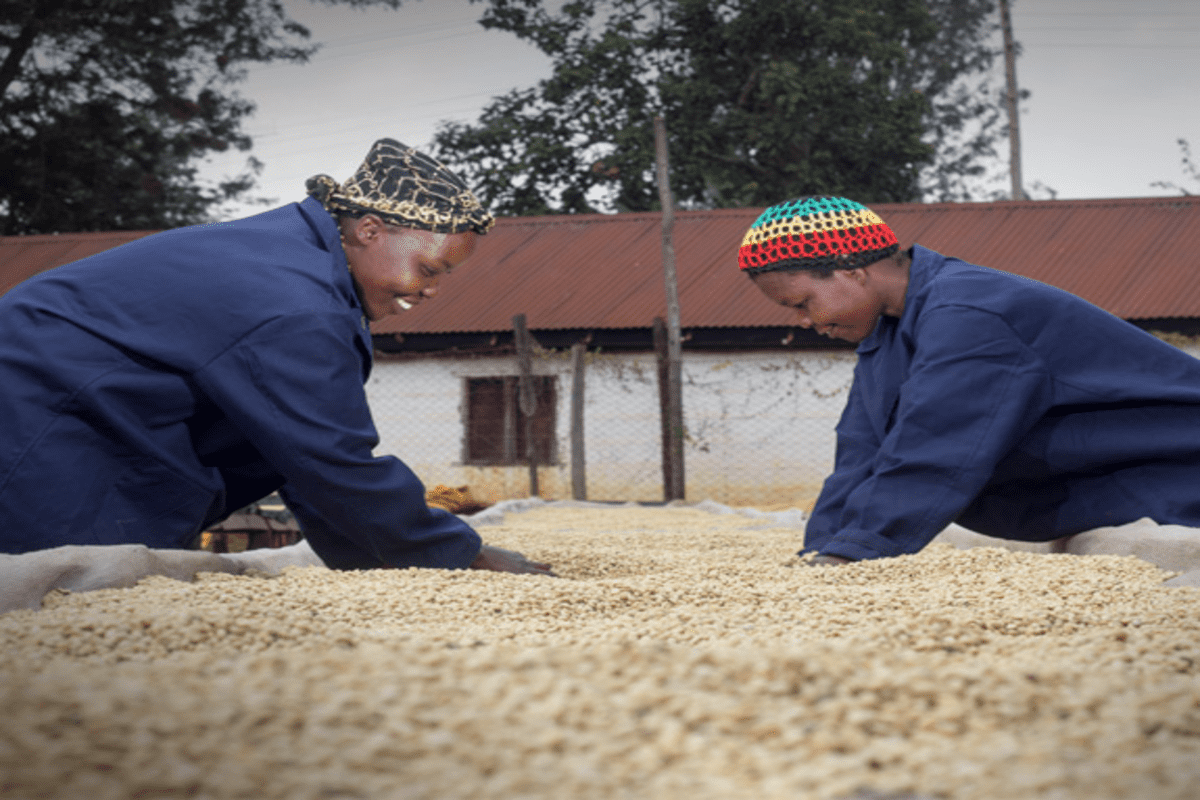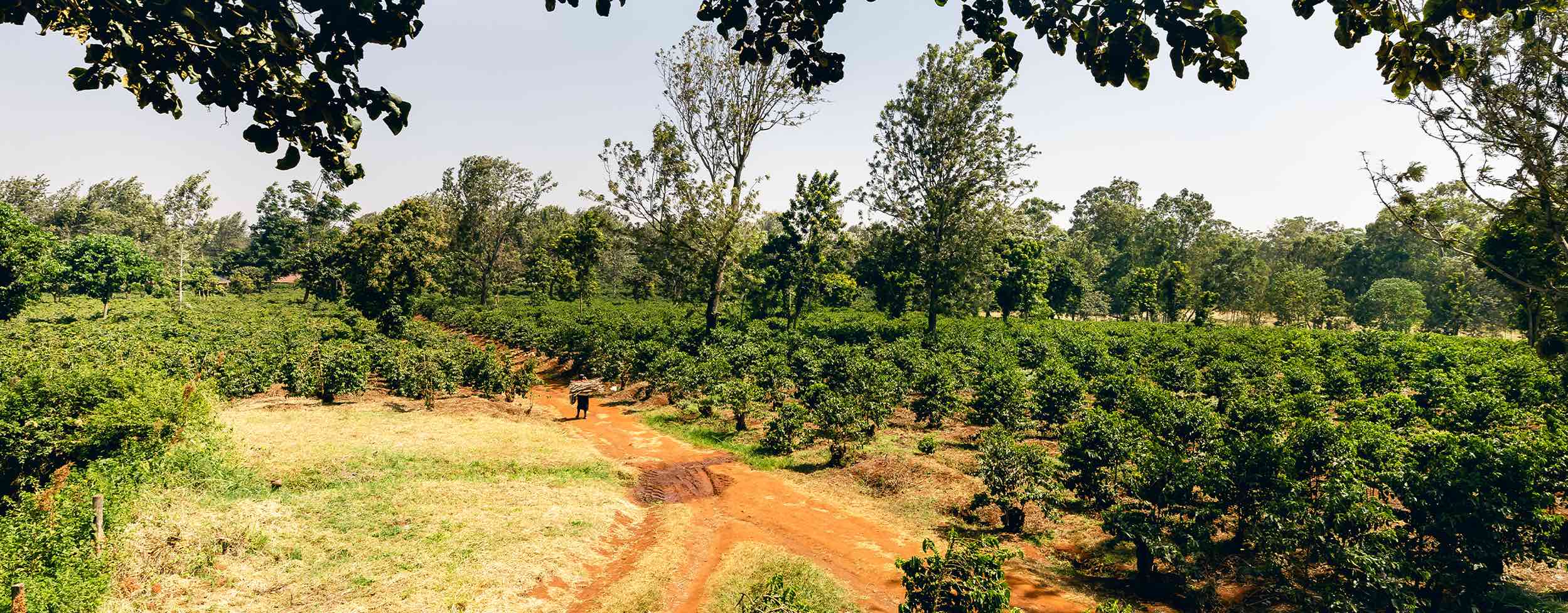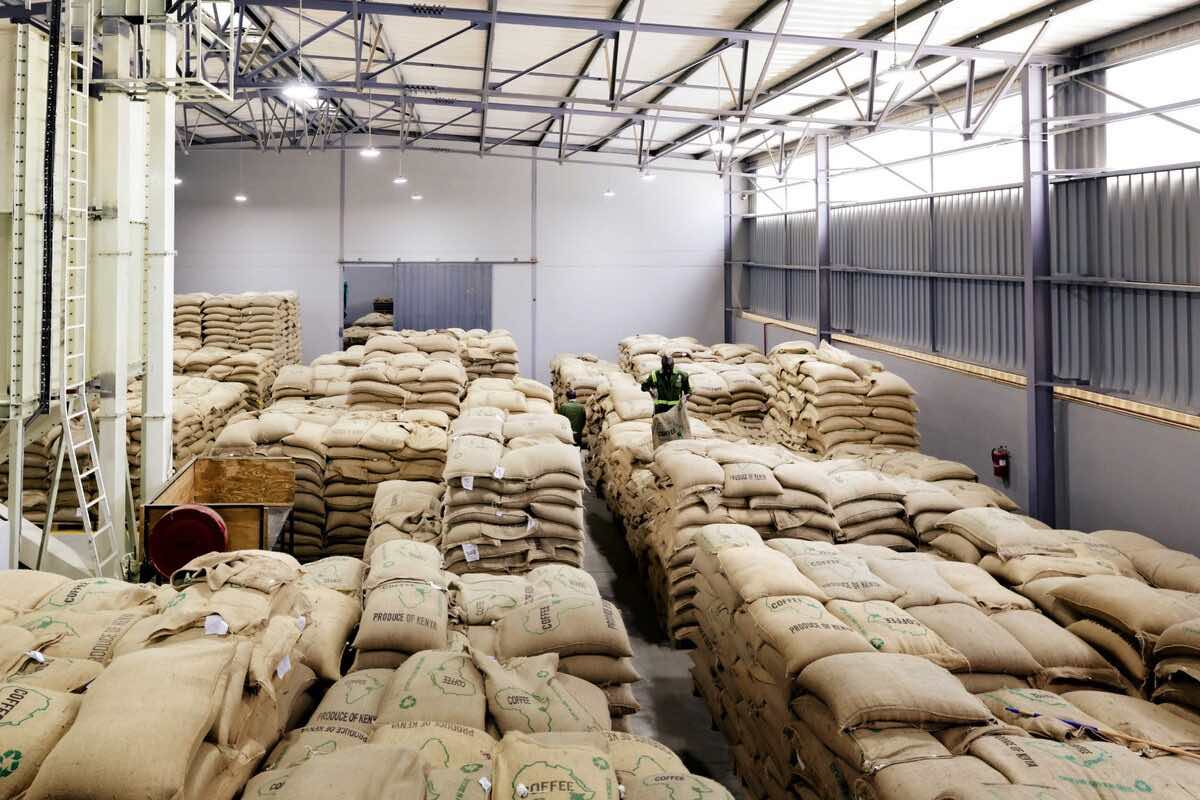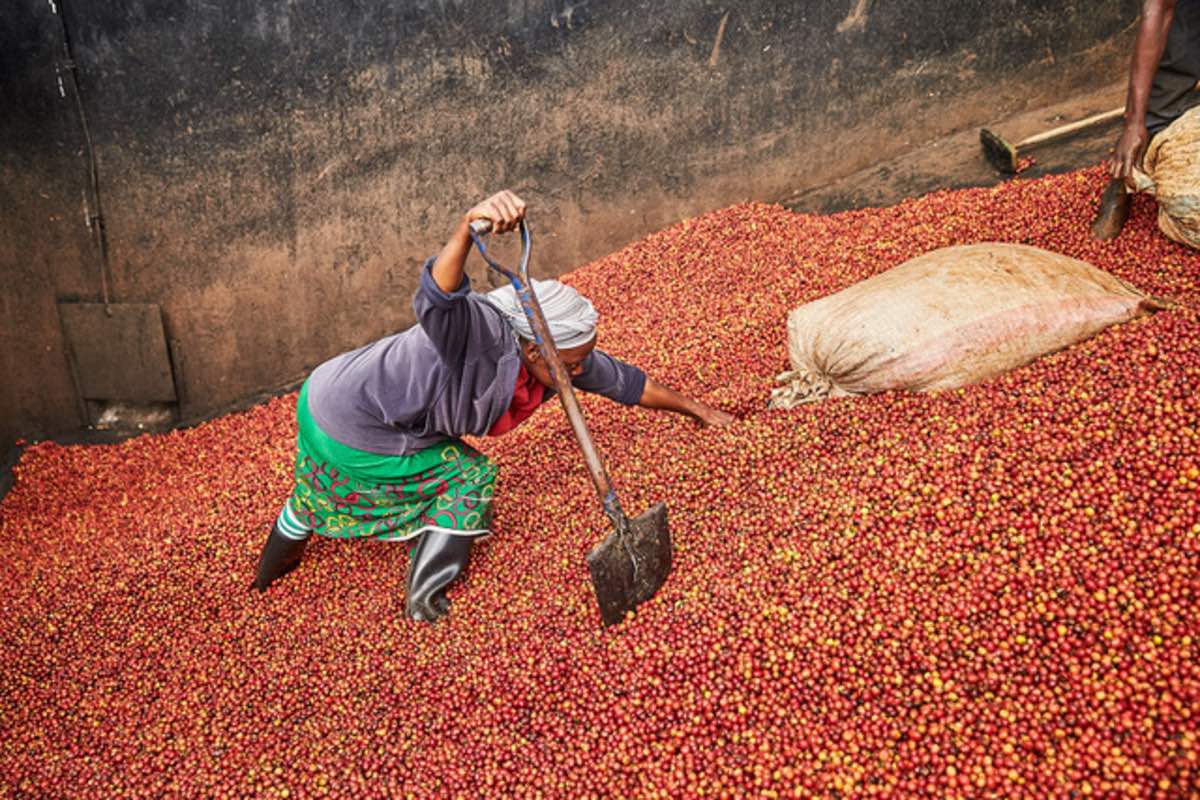
Direct Trade in the Coffee Industry
Introduction to Direct Trade
Understanding Direct Trade in the Coffee Industry: Direct trade is a model within the coffee industry that emphasizes a more transparent and direct relationship between coffee producers and buyers. Unlike traditional trade models that rely heavily on intermediaries, direct trade fosters a closer connection between coffee farmers and roasters, enabling more equitable and mutually beneficial partnerships. The essence of direct trade lies in building trust, ensuring fair compensation for farmers, and enhancing the quality of coffee through closer collaboration.
Why Direct Trade is Important
Direct trade is crucial for several reasons:
- Fair Compensation for Farmers: One of the primary benefits of direct trade is that it allows coffee farmers to receive a fair price for their product. By eliminating middlemen, farmers can negotiate directly with buyers, ensuring they are adequately compensated for their efforts and the quality of their coffee. This fair compensation is essential for the sustainability of coffee farming, particularly in regions like East Africa where coffee is a significant source of livelihood.
- Quality Assurance: Direct trade also emphasizes quality. By working directly with farmers, buyers can communicate their specific quality requirements, and farmers can receive feedback on how to improve their product. This collaboration leads to higher quality coffee, which benefits both producers and consumers.
- Transparency and Traceability: Another critical aspect of direct trade is the transparency it brings to the supply chain. Consumers increasingly demand to know the origin of their coffee and the conditions under which it was produced. Direct trade provides this transparency, allowing consumers to trace their coffee back to the specific farms where it was grown.
Changing Dynamics in Direct Trade Partnerships
The dynamics of direct trade partnerships are evolving. As the global coffee market becomes more competitive, both producers and buyers are seeking ways to differentiate themselves. This has led to several changes in how direct trade partnerships are formed and maintained:
- Increased Collaboration: There is a growing trend towards more collaborative partnerships in direct trade. Instead of merely purchasing coffee, buyers are increasingly investing in the communities where their coffee is grown. This investment can take the form of funding for agricultural training, infrastructure improvements, or social programs. These collaborative efforts not only improve the quality of the coffee but also enhance the overall well-being of the farming communities.
- Sustainability Focus: Sustainability has become a key focus in direct trade partnerships. Both producers and buyers are increasingly concerned about the environmental impact of coffee farming. As a result, direct trade partnerships are now more likely to include commitments to sustainable farming practices, such as reducing water usage, minimizing chemical inputs, and protecting biodiversity.
- Technology Integration: The integration of technology is also changing the dynamics of direct trade. Tools such as blockchain are being used to enhance transparency and traceability, ensuring that every step of the supply chain is recorded and accessible. This technology not only builds trust between producers and buyers but also provides consumers with detailed information about the journey of their coffee.
The Importance of Direct Trade for Servicoff Limited
At Servicoff Limited, we understand that direct trade is not just a trend; it’s a vital part of our business strategy. By engaging in direct trade, we ensure that we are sourcing the highest quality coffee while also supporting the farmers who grow it. This approach aligns with our commitment to sustainability, transparency, and quality, which are core values of our company.
Engaging in direct trade allows us to build strong, lasting relationships with coffee producers. These relationships are crucial for maintaining the consistency and quality of our products. We can work closely with farmers to understand their challenges and support them in improving their farming practices. This not only benefits the farmers but also ensures that we continue to offer our customers the best coffee available.
Moreover, as the dynamics of direct trade partnerships evolve, we at Servicoff Limited are committed to staying ahead of the curve. By embracing new technologies and focusing on sustainability, we can ensure that our direct trade partnerships are not only beneficial for our business but also for the environment and the communities we work with.
Conclusion
Direct trade is more than just a way of doing business; it’s a commitment to quality, fairness, and sustainability. At Servicoff Limited, we recognize the importance of direct trade and are dedicated to fostering strong, transparent partnerships with the farmers who grow our coffee.
As the dynamics of these partnerships continue to change, we are committed to adapting and leading the way in the coffee industry. By doing so, we ensure that we continue to provide our customers with the best coffee while also making a positive impact on the world.






